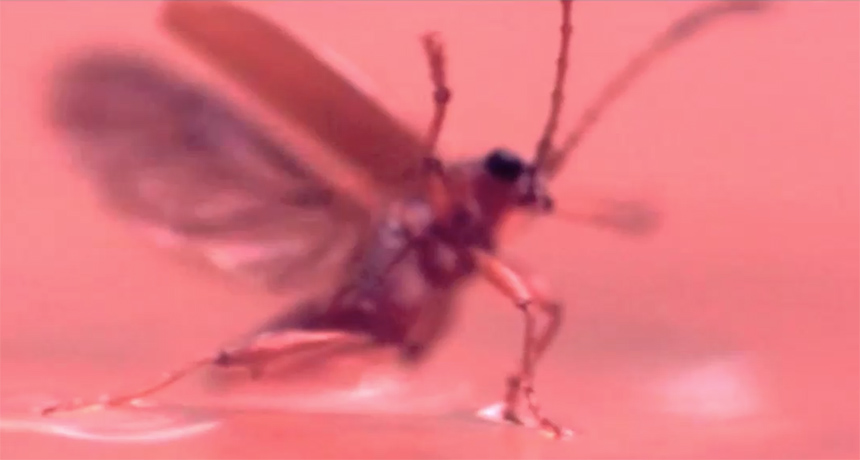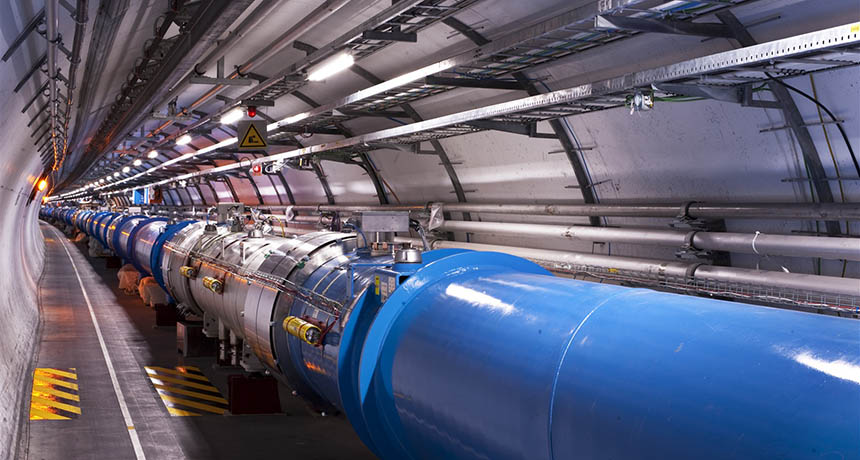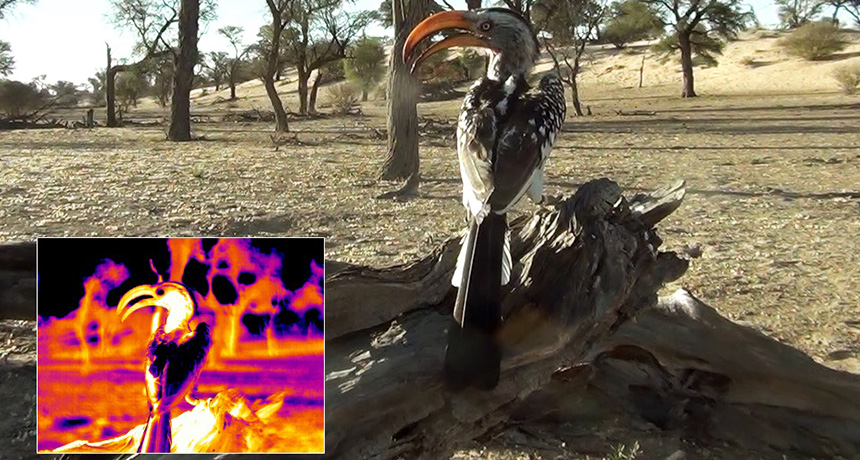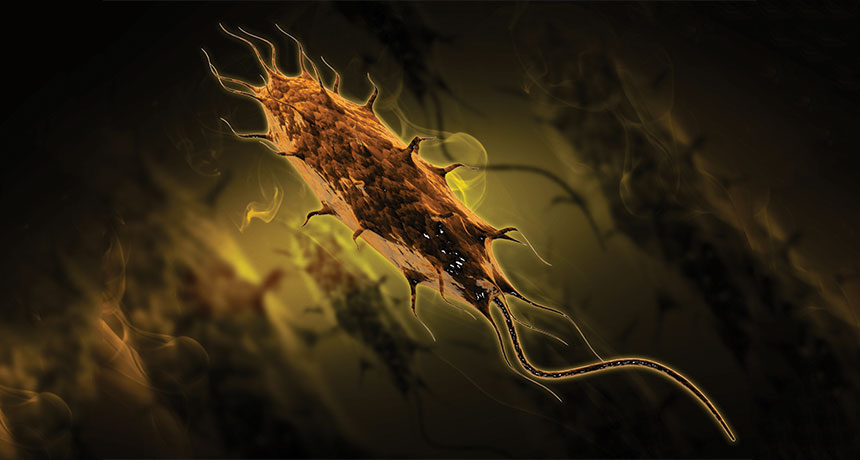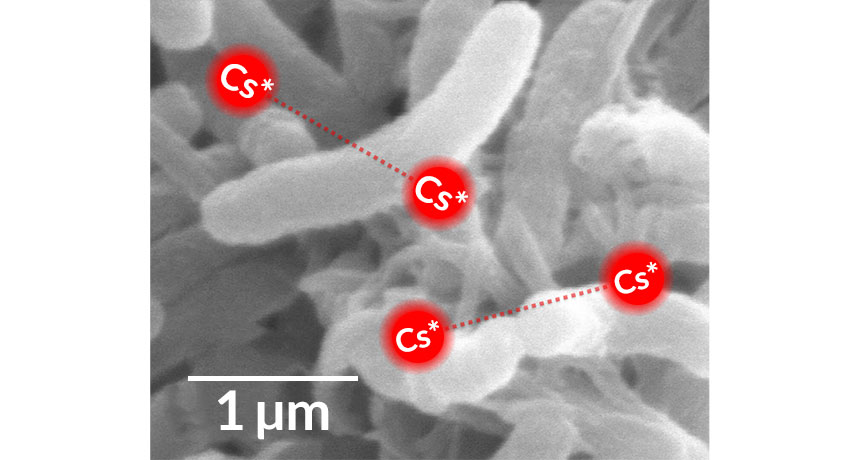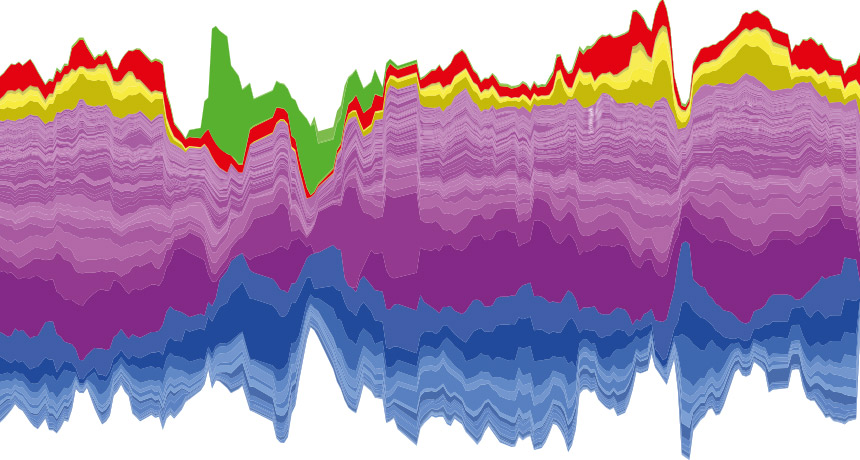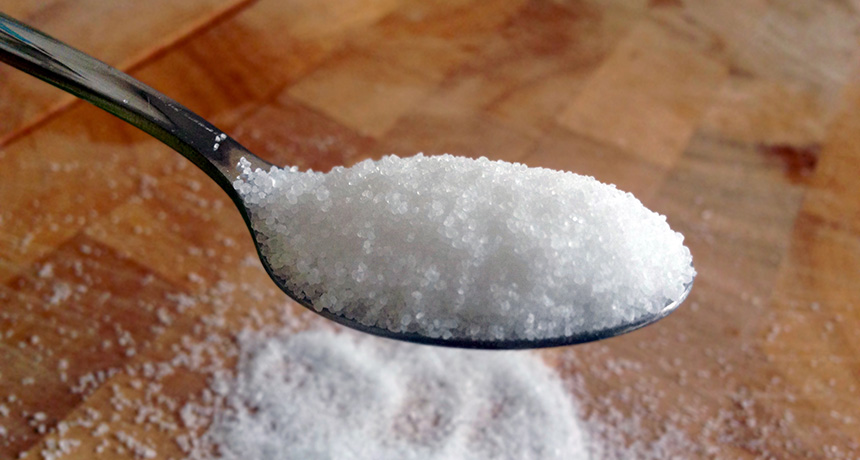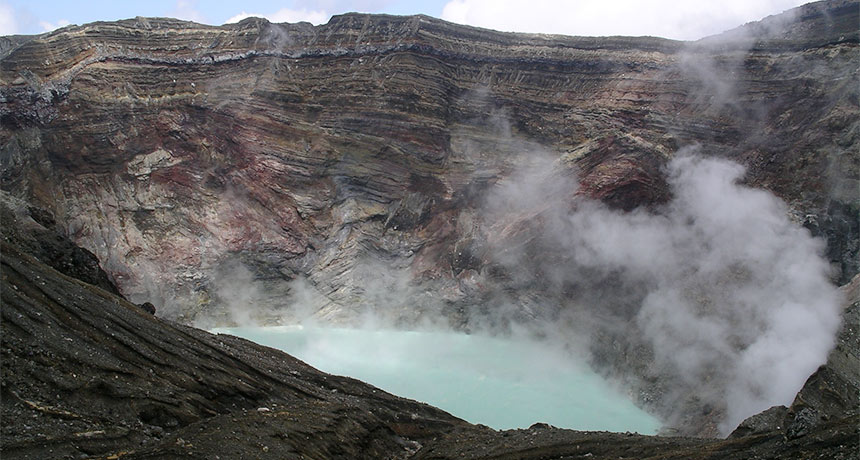Efforts should be made to foster dialogue to restore the golden era of China-UK relations: Alistair Michie
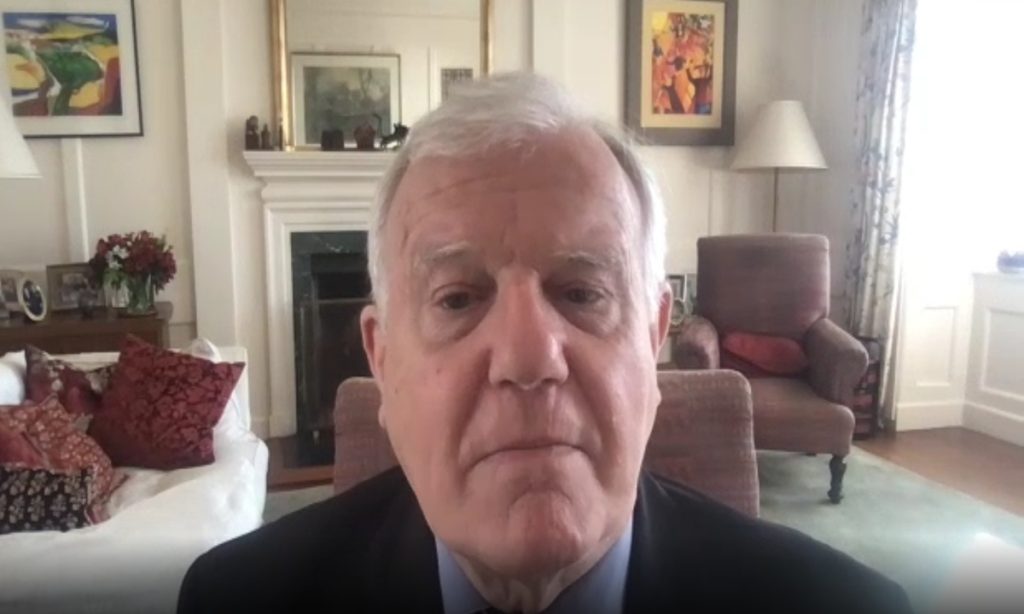
Editor's Note:
Some observers believe that China-UK relations are at its lowest point, but Alistair Michie, secretary general of the British East Asia Council and winner of the Chinese Friendship Award Medal in 2013, told the Global Times in an exclusive interview that he does not agree with this assessment. Instead, it would be highly desirable for all nations to have golden eras of understanding with China, Michie said, noting that one of the key issues is that a significant number of UK politicians are heavily influenced by the US. He also said that the UK should consider joining the Belt and Road Initiative (BRI) as well as other initiatives that can move both countries in a more positive direction. Global Times reporters Xie Wenting and Bai Yunyi (GT) talked with Michie to get his insightful opinions on China-UK relations, the BRI and more.
GT: The Chinese version of the book Consensus or Conflict? China and Globalization in the 21st Century co-edited by you has been published recently and distributed in China. Could you tell us why you wanted to compile such a book? What feedback have you received?
Michie: I was motivated to do the book in 2020. What I felt was that at that time, there was an opportunity for the world to gather together and deal with the challenge of the COVID-19 pandemic, in the same way that the world dealt with the global financial crisis in 2008. Back in 2008, the G20 played a particularly crucial role in stabilizing what was a very serious global financial crisis. The way the economic crisis unfolded in 2008 posed extreme danger for the world. So, at the start of 2020, I hoped that the world and nations would gather together in a way that could lead to the development of solutions, where the world would unite toward a common destiny.
I was also greatly influenced by the Chinese leader's repeated calls over many years for the world to move forward with mutual understanding and mutual respect toward a community of common destiny. I believed that the only way to effectively and efficiently address global challenges, such as the COVID-19 pandemic, was through collective action and a shared purpose.
This motivation laid the foundations for the book. I was pleasantly surprised that we were able to gather over 30 distinguished writers from around the world, who provided their perspectives on why it is crucial for the world to address issues like pandemics through consensus rather than conflict in terms of global matters. This served as the motivation and genesis of the book.
Regarding the feedback, I was particularly pleased that we gathered 10 recommendations from distinguished global leaders, printed in the front of the book. They emphasized the importance of reading this book as it promotes consensus over conflict. These high-level individuals from around the world recognized the crucial theme and message of the book. However, the outcome has been disappointing. Since the English version was published in September 2021, the world has significantly shifted toward conflict and away from consensus.
GT: Are you disappointed with the direction in which the world is progressing?
Michie: I am deeply frustrated because, since publishing the book with hopes of achieving consensus, the world has instead been steadily moving toward conflict. This is a critical issue for humanity, as there are numerous threats such as climate change, future pandemics, nuclear concerns, challenges in biosciences, and artificial intelligence. These issues require nations to act together in the interest of all humanity, but unfortunately, consensus is lacking. The lack of cooperation is deeply concerning as it can lead to misunderstandings, miscalculations, and catastrophic conflicts. It is a dangerous world. While I find some satisfaction in expressing these views and highlighting the dangers, I am still deeply frustrated by the world's trajectory toward conflict rather than consensus.
By nature, I have always been positive that humanity will find a solution. However, it is also crucial to be realistic. One issue I addressed in my book is the communication crisis our world is facing. Different nations struggle to explain their perspectives, largely due to the fact that we think differently. For instance, China, with nearly 20 percent of the world's population, has a distinct way of thinking compared to America and Europe.
Therefore, the lack of effective communication is causing a crisis in understanding different perspectives and points of view.
GT: Not long ago, you mentioned that there are many Americans who have closed their minds and turned a blind eye to significant global changes, which is "extremely dangerous" for the world. What specific "significant global changes" do you mean? Could you elaborate on the potential dangers it poses to the world if Americans turned a blind eye to these changes?
Michie: One of the major dangers that the world faces is the way many Americans are thinking today. The US holds a very dominant position in global governance despite only representing 4 percent of the world's population. This massive influence held by a small number of people is frustrating for the rest of the world. Additionally, it is also frustrating that many Americans tend to look inward.
For example, many Americans do not accept that there is a threat and danger from climate change. They are not actively dealing with other serious global threats like nuclear issues, artificial intelligence, or biosciences. This turning inward is extremely dangerous because these are issues that affect all humanity and the world.
Additionally, we have a situation where the US political system is deeply fractured, and this creates great dangers for the world going forward.
GT: UK Foreign Secretary James Cleverly recently paid a visit to China and he said that it would not be "credible" to disengage with China. However, the British parliament referred to Taiwan as an "independent country" in an official document for the first time, coinciding with Cleverly's visit. What's your perspective on it? In recent years, the UK's attitude toward China has undergone major changes. What do you think are the reasons behind this?
Michie: I think what we need to do is to be very careful about making statements that can cause anger between countries like this one. As I mentioned earlier, we are currently facing a communication crisis, and what we truly need is more dialogue and discussion to foster an intelligent conversation among nations. Fortunately, there are many people in the UK who are working toward creating that environment. However, there are also individuals in the UK who are not interested in engaging in an intelligent dialogue; they have their own agendas.
One of the issues we face is that a significant number of UK politicians are heavily influenced by the US, which aims to hinder China's progress. On the other hand, there are US politicians who are also striving to build an intelligent dialogue. Nonetheless, this situation is extremely dangerous, particularly given the current communication crisis and social media. It is so easy to have many comments that can be misunderstood and create conflicts and misunderstandings on social media. Therefore, it is crucial to engage in as much dialogue as possible to foster an intelligent conversation among nations.
GT: Do you think the current UK policy toward China is too influenced by Washington?
Michie: I believe that one of the root problems is that the US still wishes to be the hegemonic leader of the world, despite comprising only 4 percent of the global population. It has convinced itself that this is the right path to follow. However, due to many Americans focusing inward and ignoring critical global issues such as climate change and other threats, a significant problem arises for the world.
GT: Some observers have said that China-UK relations are at the lowest point. Do you agree with this? Do you think the bilateral relations can get back to a golden era?
Michie: No, I don't think we're at the lowest point at all because one of the most important trends in the last two decades is the tens of thousands of Chinese students who have come to the UK to study. I think that we rank second or third in the world in terms of attracting Chinese nationals to come and study in our education system. That is the kind of foundation-laying for intelligent dialogue that I have argued is so important in creating the kind of understanding that will lead to consensus.
I am very hopeful that this student exchange will help to create a more peaceful and sustainable world in the future.
It would be highly desirable for all nations to have golden eras of understanding with China. Unfortunately, at the moment, we are not moving in that direction, but we must do everything in our power to engage in intelligent dialogue and create understanding, so that we can move toward what you describe as a golden era of relationships. This will enable us to address the significant challenges facing humanity.
GT: Many Western politicians have recently been talking about so-called decoupling from China. What's your take on it? Is it possible for the West to decouple from China?
Michie: I believe that decoupling and de-risking are not the right direction. What we must do is focus much more on creating an intelligent dialogue so that we can understand each other better and avoid moving toward conflict. It is absolutely crucial to move away from de-risking and decoupling, as I argue that the fundamental need is to create a much deeper and better understanding. The only way we can solve the crises facing all of humanity is by coming together in consensus and creating mutual understanding and respect, in order to move toward a community of common destiny. That is the only way, but it poses a huge challenge for the world.
GT: This year marks the 10th anniversary of the Belt and Road Initiative (BRI). How do you view the development of the BRI over the past decade and its future prospects?
Michie: I think the Belt and Road Initiative (BRI) has been a hugely important initiative by China because it serves as a channel for creating human connection. Communication can take various forms, such as infrastructure development including roads, airports, and harbors, which facilitate the exchange of ideas and foster understanding. This initiative also promotes intelligent dialogue, and China possesses the expertise to extend these infrastructure developments worldwide.
So, I believe it is a hugely important contribution toward improving global governance. At the moment, global governance faces a challenge as it is dominated by just 14 percent of the global population, which includes 4 percent in the US and under 10 percent in Europe. It is understandable that the rest of the world becomes frustrated when such a small percentage of the world's population holds such a dominant influence. Initiatives like the BRI are a way of striving toward creating a broader form of global governance that can lead us toward international consensus.
I hope that the BRI will continue to evolve, fostering exchanges and understanding that can truly guide us toward a more peaceful and sustainable world.
GT: Do you think that the UK should consider joining the BRI?
Michie: I believe that everything should be considered in any way forward that we can create in dialogue and understanding, in order to create a world that is moving toward a common destiny. We can only solve the incredibly serious and dangerous challenges that the world faces if we move toward consensus. Initiatives like the BRI should be considered, as well as anything that can move us in a more positive direction.
